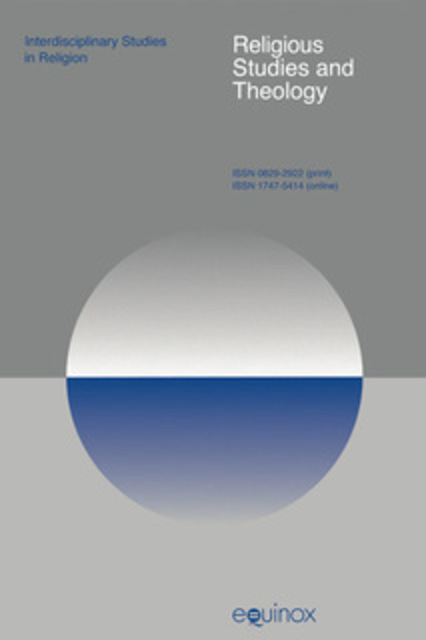I think therefore I am: Linking human exploitation to religious irrationality in Kourouma’s Allah Is Not obliged

Full description
Kourouma’s narrative texts bring to the fore misery and desperation, resulting largely from human exploitation connected to ignorance and religious irrationality. Descartes’ all time famous statement “I think therefore I am” grounds the essence of human existence on thinking. Descartes’ assertion has implications for religion when it is postulated as the quest for the ultimate source of meaning in life. Kourouma’s (2000) Allah is Not Obliged establishes a link between human exploitation and unsound practice of religion, revealing his nauseating aversion to and denunciation of irrational religion. From literary and philosophy of religion perspectives, Allah is Not Obliged can be read as a narrative that raises consciousness about the potential of irrational religion becoming a source of exploitation and mental enslavement. Within the framework of such reading, Allah is Not Obliged becomes a plea for an intra-cultural critique of African religiosity.
- typeImage
- created on
- file formatjpeg
- file size36 KB
- container titleReligious Studies and Theology
- creatorSimon Kofi Appiah & Mawuloe Kodah
- issn1747-5414 (online)
- issue39.1
- publisherEquinox Publishing Ltd.
- publisher placeSheffield, United Kingdom
- rightsEquinox Publishing Ltd.
- volume
- doi
We use cookies to analyze our traffic. Please decide if you are willing to accept cookies from our website. You can change this setting anytime in Privacy Settings.
